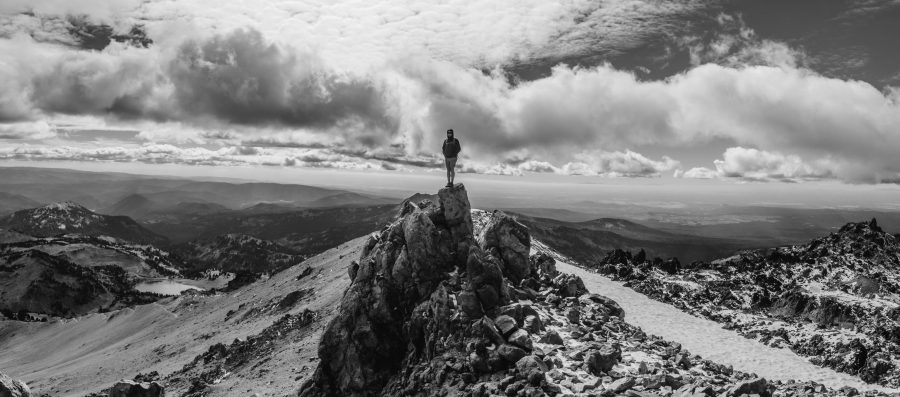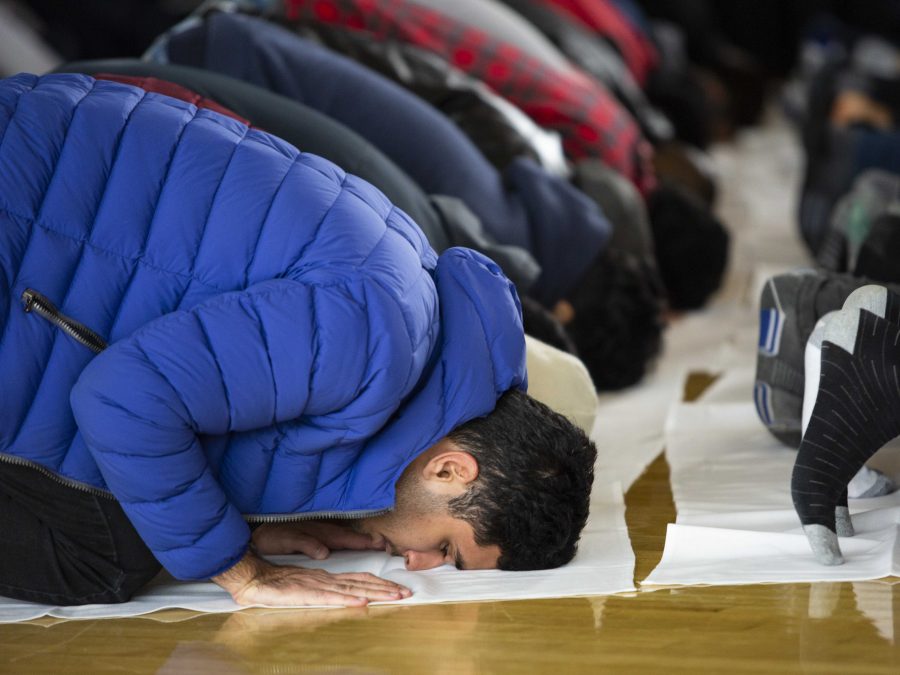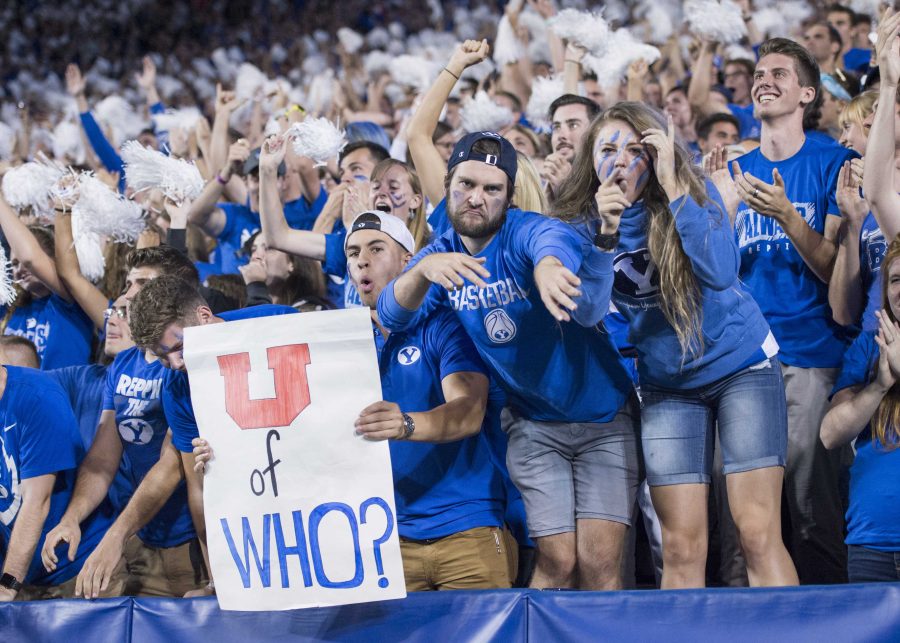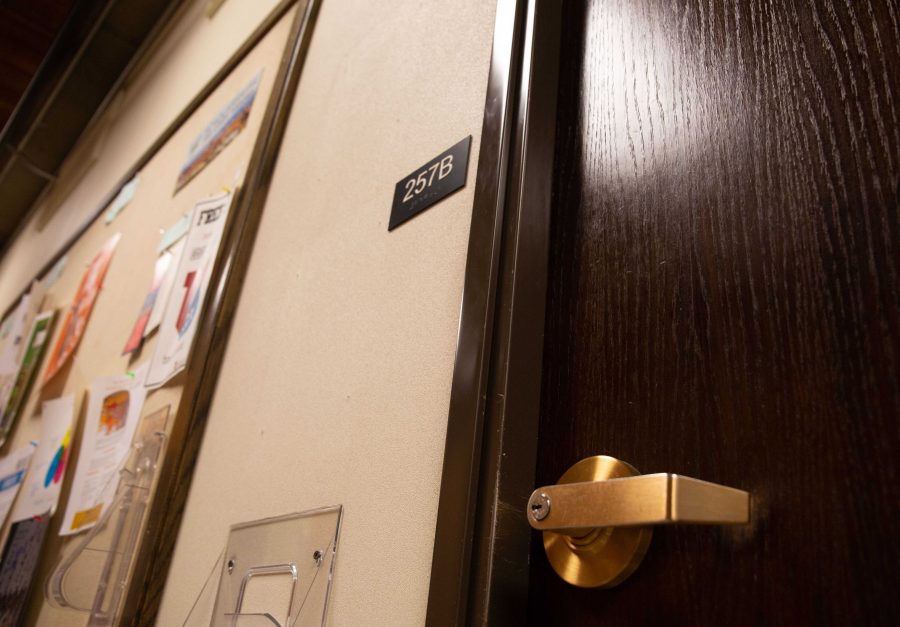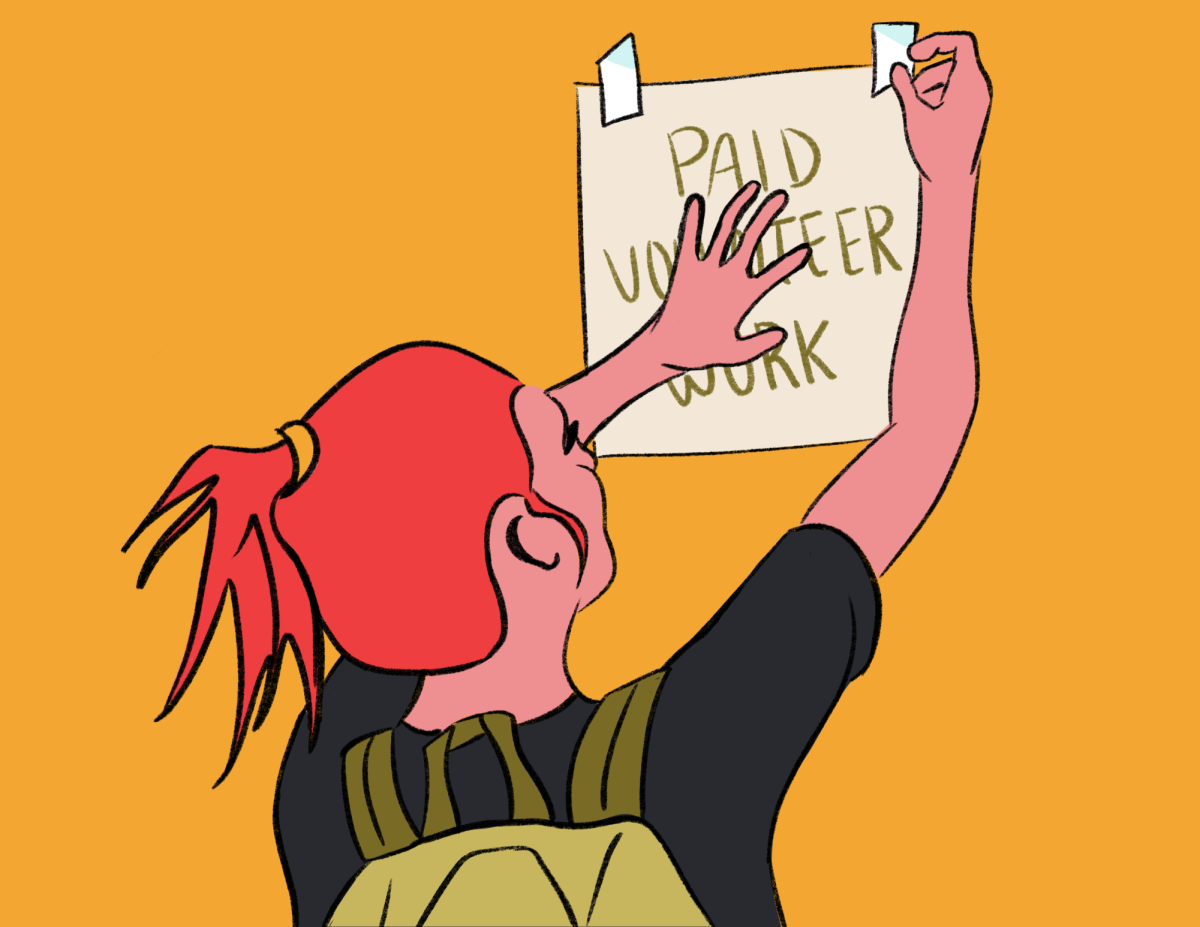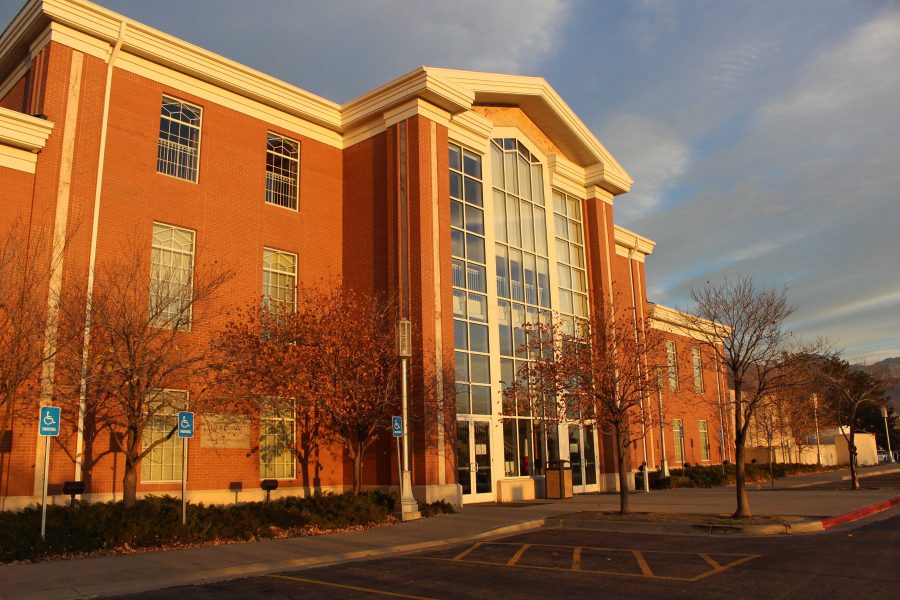In the fall semester of 2018, the Institute of Religion at the University of Utah, (which is referred to as the institute for the remainder of this article), had an enrollment of 4,000 students from the U. The institute, a program headed by The Church of Jesus Christ of Latter-Day Saints (LDS) is the is the primary center of Mormon culture on campus.
Eliza Carr is a senior majoring in political science at the U. She also serves as secretary for the Latter-day Saint Student Association (LDSSA), an organization for post-secondary religious education (ages 18-30) under the direction of the institute.
As described by the Encyclopedia of Mormonism:
“The purposes of LDSSA are to help college and university students stay closely affiliated with the Church, succeed in their studies, and achieve a balanced educational-social life while on campus; to motivate LDS students to become a powerful influence for good on the campus; to provide meaningful activities that are consistent with Church standards; and to coordinate Church-related activities for college students.”
“It [the institute] is a way to ground myself away from my studies by focusing on my relationship with my Savior,” Carr said. “It’s really helped me with my student life, as well as my secular life, in general.”
The designation as influencer carries a problematic semantic relationship with conversion. The LDS Church played an important role in the founding and growth of the U. The U is just one of many secular entities in the state of Utah that is fundamentally impacted by Church policies, funding and communities. This reality is based in the fact that Mormonism has dominated the history of Utah.
The institute’s manual, “By Study and Also by Faith—One Hundred Years of Seminaries and Institutes of Religion,” reads that in the early 20th Century, “Prominent Latter-day Saints were in the majority on local school boards and, though bound by law to maintain a separation of church and state, continued to support rules, regulations, and curricula that reflected community values. Thus Church members had few concerns as they enrolled their children in tax-supported free public schools.” Public school policies and values complimented those of Mormon communities so compatibly that private Mormon school enrollment dropped rapidly — to near elimination.
This unintentional development meant that secular reforms through the present day have adapted from earlier LDS influence. There are still remnants of that legacy, however, exemplified for instance by the seminary program found in secondary schools throughout the state. They work similarly to the institute at the U in that they offer religious courses within walking distance of schools. While officially separated from these schools, it is standard for LDS students to incorporate religious studies into their daily school schedule. Class curriculum is set by the Church. None of the courses are compulsory in this regard, and the Church will need to assess further adaptation to meet its own challenges as the state becomes more diverse and secular.
The U is not impacted by the Church in as direct a manner as LDS-owned entities in Salt Lake City, like the City Creek Center, Deseret News or LDS Business College, because it is a public institution. However, there has always been an ongoing relationship of mutual respect and communication between the Church and the U.
“While not considered a part of the campus, I have always kept an open dialogue with the administration of the university,” said Tracy Williams, the director of the institute at the U. With new data concluding that Salt Lake County Mormons make up less than half of the county’s population, the pressure will increase to further integrate with the new majority. This is not necessarily contradictory to the aims of the LDS Church. The Church has gone to great lengths to market itself as a global religious movement.
What does this mean for students at the U who are less familiar with the LDS faith? Jenna Hunsaker, a 2018 graduate of the U who is the president of the LDSSA, said that the institute at the U, “invites students from all faiths and backgrounds to participate in activities.” Hunsaker mentioned an interfaith club meeting that took place on campus this last semester that she described as “a meaningful dialogue between students that gave everyone the opportunity to learn from one another and to understand each other’s experiences.”
Church leadership has always been well represented at the U. Former alumni include three current members of the Quorum of the Twelve Apostles and two members of the First Presidency — including the current president of the Church Russell M. Nelson. Moving forward as the U becomes a better demographic representation of Utah, and as the LDS Church looks to increase public exposure abroad, the LDS faith will remain a part of the U’s legacy as well as its future.
This article is part of the Poynter College Media Project. Click here for more stories and information on the topic “Are U Mormon?”







